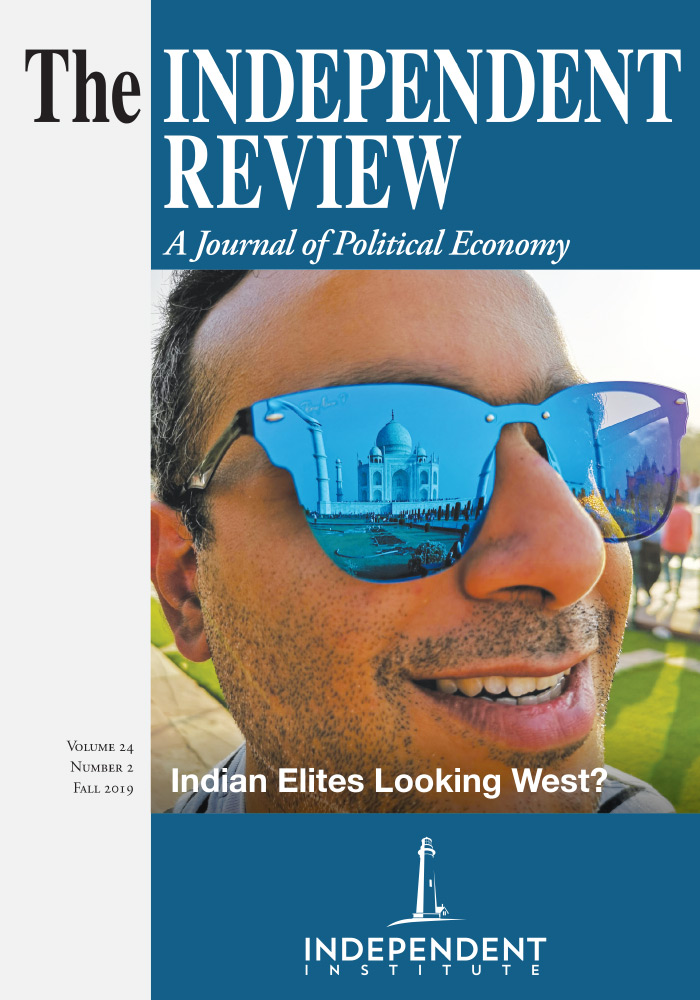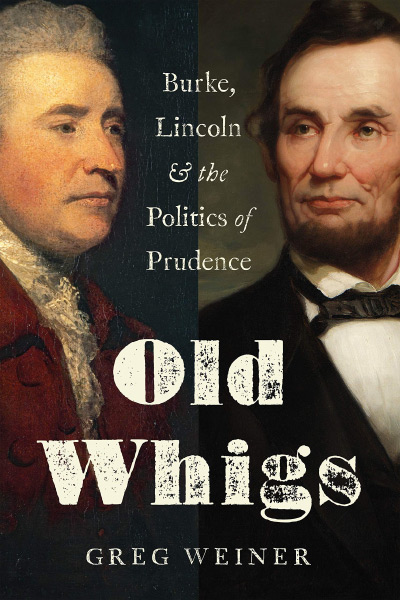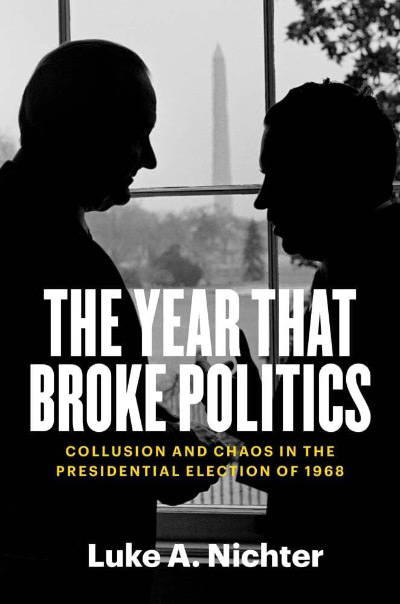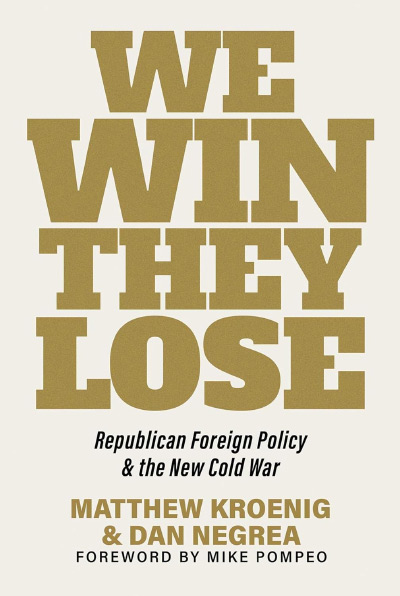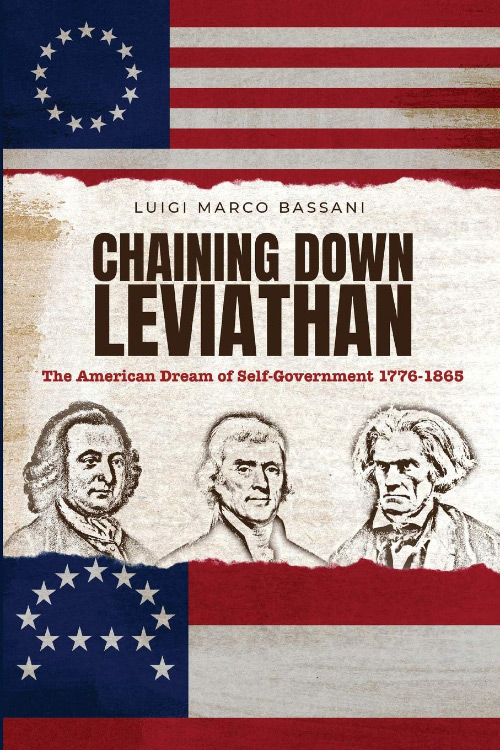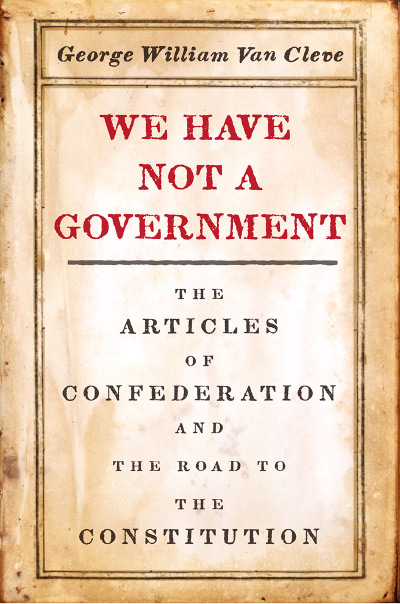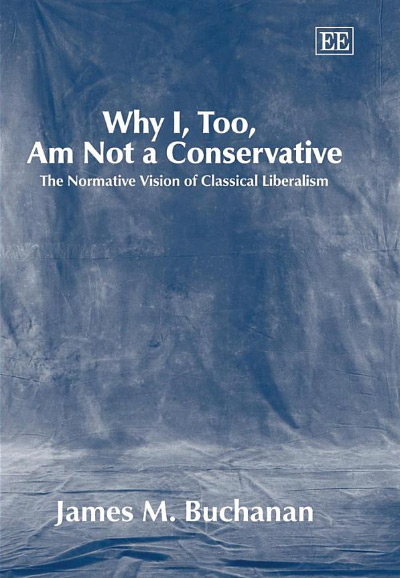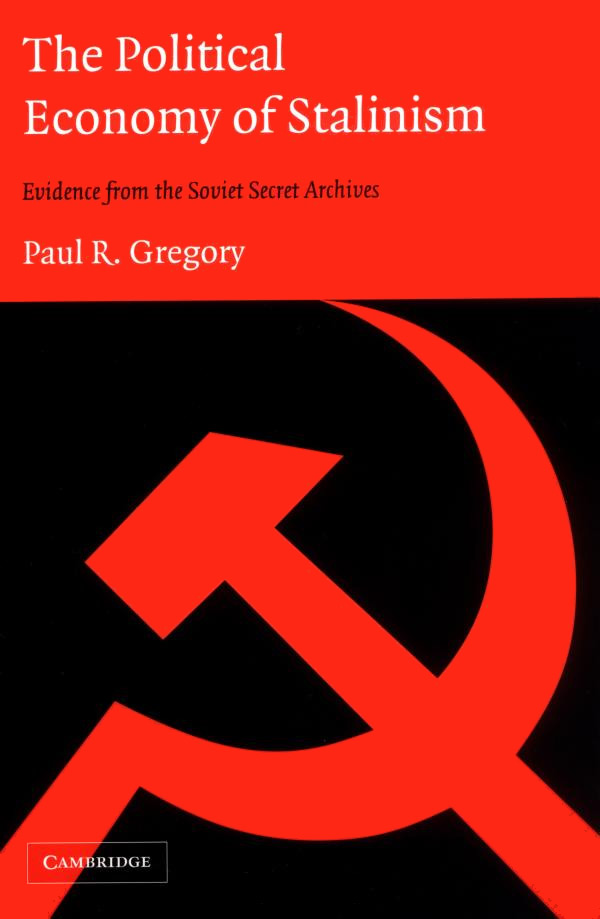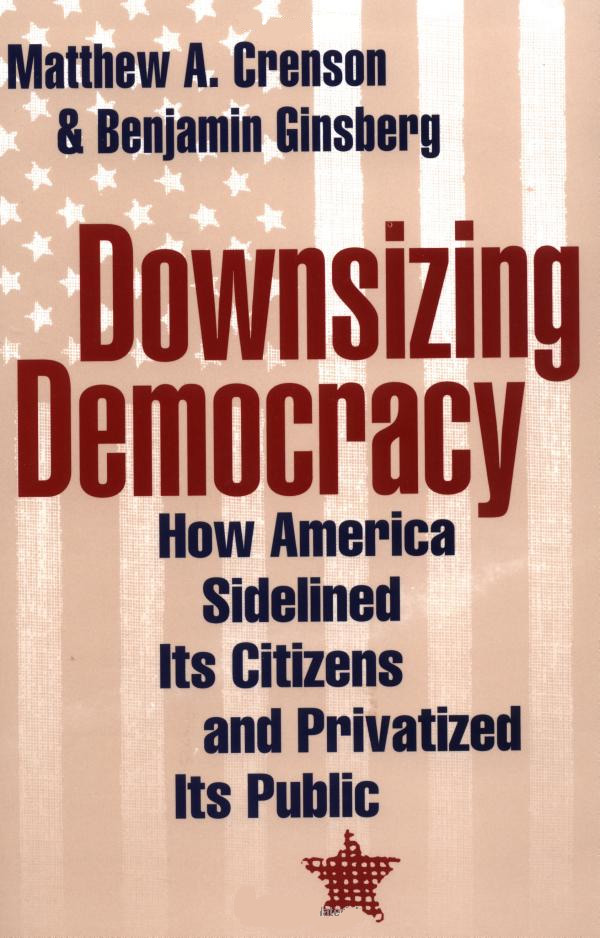What a terrific book. In every way. Unsurprisingly, I read, or at least start to read, a lot of books. (Yes, I use Tyler Cowen’s rule on starting and finishing books: and you should, too...) Old Whigs is the perfect book, and it is being published at the perfectly imperfect time. Please read it.
In a way Greg Weiner is writing a political biography of Edmund Burke and Abraham Lincoln. But that’s misleading; he sees Burke as a paragon of a particular kind of phronesis, or excellence, and that excellence Weiner names prudence. (Earlier, Weiner invoked that same kind of Burkean excellence in a political biography of Daniel P. Moynihan, so this is something of an organon for Weiner.) And Lincoln, a controversial figure in some circles for his aggressive attacks on civil liberties, for Weiner embodies many of those virtues.
I should take a moment and distinguish three Aristotelian concepts of excellence: episteme, techne, and phronesis. Episteme is scientific knowledge, or justified true belief. This is different from dogma, ideology, or opinion. As I have written elsewhere, episteme is a problem of institutions, especially in complex societies where the quantity of what is known is vast.
Techne is art, or craft. There are many people who think of governance in just this way. In some ways, this belief and approach to conducting governance dates to Max Weber, who saw detailed knowledge of rules and the application of written rules to be the essence of the rational-technical system. Much like an expert carpenter or electrician executing the plans specified in a blueprint, this concept of governance is often taught as cost-benefit analysis or administrative law.
Weiner would not deny that episteme and techne are useful in bureaucracy. His claim is rather that leadership requires practical knowledge, or phronesis. For Aristotle (and Weiner), phronesis has three features or concerns: ethics, or the deliberate and habitual application of moral values to practice; pragmatism, or the constant recognition that the “right answer” is context dependent; and action, or the orientation toward doing the right thing, even when (especially when) the correct action is to do nothing.
The question, then, is to identify what is excellence in leadership. Weiner’s answer is prudence, combining ethics, pragmatism, and action in the right way. Earlier, in working on the same subject, Weiner had reacted to the standard sort of “greatness rankings” often generated by historians of the American system, the kind of rankings where the Roosevelts do well and Coolidge ranks near the bottom. Weiner (“Prudence as Excellence: Edmund Burke, Abraham Lincoln and the Problem of Greatness,” The Imaginative Conservative, April 1, 2013) says:
[Such rankings confuse] greatness with change and the equation of change with power. This formulation leaves inadequate room for what Burke called the queen of political virtues—prudence. The beauty—the excellence, I would argue—of Burkeanism, like baseball, often consists in the negative space, the prudent prevention of action, or in the careful calibration of action to circumstance, rather than in the volume of activity alone. This is difficult to capture and, crucially, to communicate. Historians do not write books about what did not happen; prudence is not the stuff of which legacies are made. It is easier simply to celebrate the daring man of action, the hitter who racks up the runs.
In Old Whigs, Weiner argues for prudence as the first and most important of excellent qualities of the good leader. His choice of Burke and Lincoln as his primary avatars is interesting, and clever, because both were in fact active and even risk-taking. But that’s the point; prudence is often caricatured as a justification for inaction (Weiner rightly notes that Bush senior’s muttering asides about “wouldn’t be prudent” are misleading). Sometimes good leadership and prudence require bold action, but we should never simply equate bold action with good leadership.
In effect, Weiner’s claim is that the prudent leader is bound by habits, rather than principles. There is no one principle that, slavishly followed, produces the excellence called phronesis. Instead, the habit of reflection and the application of informed pragmatism combine to direct the excellent leader. He gives a provocative quote from Tocqueville, who notes that “fine books, even on politics or things connected to it, prepares one quite poorly for the government of men and the management of affairs” (p. 8).
An obvious example of a situation where prudence required action, even though the action seemed rash and intemperate, was the compromise at Munich in 1938, where Neville Chamberlain claimed he had bought “peace for our time” by appeasing the demands of Adolf Hitler. Instead, Weiner claims that this is what Burke would have called a “false, reptile prudence,” because prudence actually required that Hitler be confronted and stopped while it was still possible militarily. But Weiner also draws the lesson that there is no general lesson: it is not always true that aggressive confrontation is the right action. “An essential element of prudence is thus recognizing the difference between genuine emergency and the aggrandizing rhetoric of catastrophe. Not every moment is Munich, but Munich was. A wide range of experience and circumstances is necessary to discern the difference” (pp. 9–10).
The meat of the book is the examination of what Burke and Lincoln thought; it is not really a history of what they did. But that’s right, given Weiner’s objectives. One cannot look to actions and evaluate them on whether they worked out. One also cannot look to general principles, because the organon applied here is that no principle can be general enough. The problem of prudence is meta-principled: when does one apply principle, and which one?
The reason that the selection of Burke and Lincoln as cases is so inspired is that each of them were predisposed, and actually strongly predisposed, toward avoiding rash actions that result in disaster. I had read more Burke, and so was less surprised by what Weiner had found, but the writings of Lincoln in this context are very interesting. It is true that many people were critical of Lincoln’s inaction (he was variously called the “Idiot,” the “Yahoo,” and the “Original Gorilla,” even by putative supporters), but his willingness to tolerate dissent and even insult from those whose talents he needed was impressive. This toleration was not, Weiner demonstrates, based on indifference to or ignorance of the slights. Rather, Lincoln’s inactions were prudent. So were his actions and orders, which recommended “energy” and “vigilance” but decried “rashness” (p. 32).
Weiner closes with a rather somber assessment, noting that Judge Learned Hand had called liberty “the spirit which is not too sure that it is right” (p. 153). The emphasis is on “too sure,” in Weiner’s view. It’s right, we believe it’s right, and we have to recognize we might be wrong. We must apply principle, and use principle, but not too much.
If that seems frustrating, or temporizing, in a way that’s the point. Phronesis is practiced, informed judgment, not the blind application of principle, no matter how valid the principle. Humility is the overarching principle, the most important of all, but even humility cannot be fetishized. Burke’s view mistrusted, simply as a matter of principle, the reason of any individual, particularly when it contradicted the received wisdom embodied in the customs and institutions of the past. But sometimes, as when custom apologized for slavery, custom and convention must be contravened. It all depends.
Weiner closes with this jeremiad:
Perhaps, above all, this [informed, contingent humility] is the prudence we have lost. This is an age of consummate faith not just in reason—which Burke certainly venerated in its proper place—but in a desiccated, technocratic rationality that deprives political life of the meaning in search of, rather, for objectively right answers to override the fallibility that is an indispensable part of our shared humanity. Our supreme self-confidence admits no prudence. . . . [T]here is no room for judgment, political life, or human responsibility (p. 153).
Everyone thinks they are right, and they are sure of it. Everyone has a few simple principles that they wish to impose on others, for their own good. This certainty about problems, and obvious remedies, seems imprudent as a political principle.
| Other Independent Review articles by Michael C. Munger | ||
| Fall 2024 | Tax Turmoil: A Dia Fenner Economic Thriller | |
| Fall 2024 | Retrieving Liberalism from Rationalist Constructivism, Volume I; Retrieving Liberalism from Rationalist Constructivism, Volume II | |
| Fall 2024 | The Dispersion of Power: A Critical Realist Theory of Democracy | |
| [View All (83)] | ||

